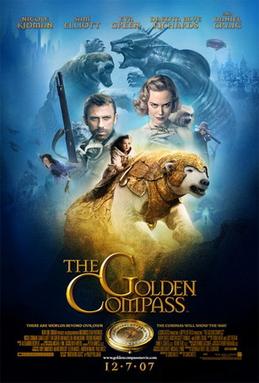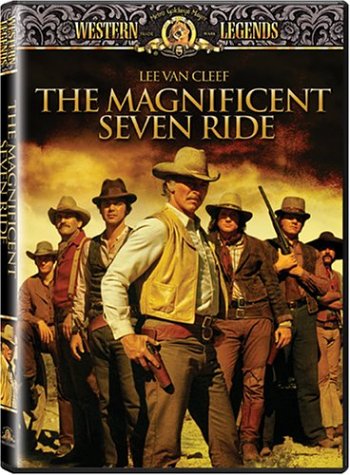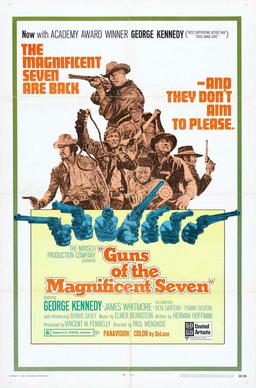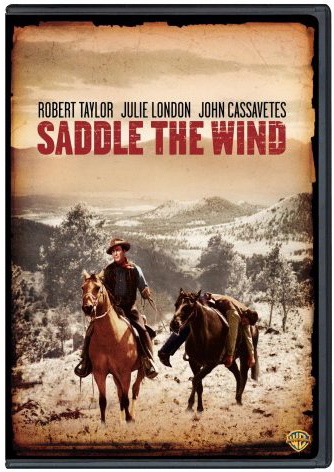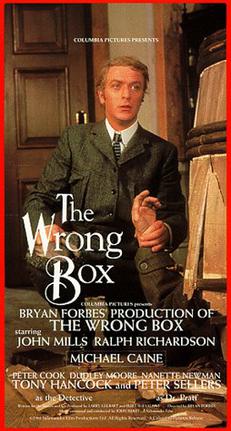 Starting his movie directing career in the mid 1960s, Burt Kennedy found a home in the western genre and rarely left it in a 20-year span. None of the Kennedy westerns are classic, far from it, but they are about the equivalent of the hour-long serials from the 1930s. Nothing groundbreaking with good guys tangling with some ornery bad guys, but they are always entertaining if nothing else.
Starting his movie directing career in the mid 1960s, Burt Kennedy found a home in the western genre and rarely left it in a 20-year span. None of the Kennedy westerns are classic, far from it, but they are about the equivalent of the hour-long serials from the 1930s. Nothing groundbreaking with good guys tangling with some ornery bad guys, but they are always entertaining if nothing else.Kennedy worked with a wide variety of tough guy actors in these westerns, including John Wayne, Glenn Ford, Henry Fonda, Ben Johnson, Yul Brynner, Frank Sinatra, Kirk Douglas and Robert Mitchum. Just like director Kennedy, many of these actors are remembered for their parts in westerns over the years. Mitchum especially never really left the western behind, joining with Kennedy for the 1969 oater Young Billy Young just two years removed from minor classic El Dorado.
Based loosely on a novel about Wyatt Earp's involvement with the Cowboy gang following the shootout at the O.K. Corral, Young Billy Young feels like a mash-up of several different stories all rolled into one. A great opening sequence has two young gunfighters, Billy Young (Robert Walker JR) and Jess Boone (David Carradine) sneaking onto a Mexican troop train and completing a hit on a Mexican general. In their escape, Jess abandons Billy when his horse throws up, and it's only by pure luck Billy escapes.
Billy makes it to the next town on the back of a burro, but it's not long before he guns down the town's sheriff for cheating in a card game. With some help from a gunfighter, Ben Kane (Mitchum), passing through town, Billy escapes a posse on his trail. He tags along with Ben who's on his way to a new job, working as a deputy in a roughshod town with no law and order run by slimy John Behan (Jack Kelly). The odds are against Ben, but he's got revenge on the mind as he looks for the man (John Anderson) who killed his son years ago in a jailbreak.
As if that wasn't enough, a saloon/dance hall girl, Lilly (Angie Dickinson), takes a shine to Kane, but Lilly is Behan's girl and doesn't take too nicely to Ben stepping in. There's more that is revealed in terms of plot twists that won't be spoiled here, but it's nothing too new that you won't have seen before. The only problem is that with all these different storylines about revenge and friendships and shootouts, the 89-minute running time is all sorts of convoluted. Maybe another 30 minutes could have served the movie better, but it's not a deal breaker.
Some characters get short-shrift, like Anderson's gunfighter who shows up in town, disappears for awhile, and then reappears with little warning for a final showdown with Mitchum (a disappointing end for that story). It would have been interesting to see two storylines, Billy and Jesse and then Ben's revenge dealt with exclusively, but what's there is entertaining nonetheless. It doesn't hurt that the movie was filmed in Old Tucson and looks great.
With the cast, Mitchum provides credibility just by being there. It's the type of part for the veteran star that he could do with no heavy lifting. He shows up, acts cool, shoots some baddies and gets the girl. Made the same year as he made Easy Rider, Walker JR gets a more mainstream role here as Billy who with Mitchum's older, more experienced gunfighter make a good old vs. young buddy pairing. Carradine's a good villain (when wasn't he?) while Kelly sneers as Behan, I guess loosely based on the real-life John Behan. In a role similar to her part 10 years earlier in Rio Bravo, Dickinson again plays a strong female character with a checkered past and even as little as she was height-wise is a good match with Mitchum.
So what's not to like with a western with a more than capable cast, some nice location shooting, plenty of gunfights, and Robert Mitchum singing the theme song? Maybe Burt Kennedy wasn't the best director around and one without much of a personal style, but he put together some exciting westerns during his career. Young Billy Young is certainly one of them, an oater that will keep you interested from start to finish.
Young Billy Young (1969): ** 1/2 / ****


